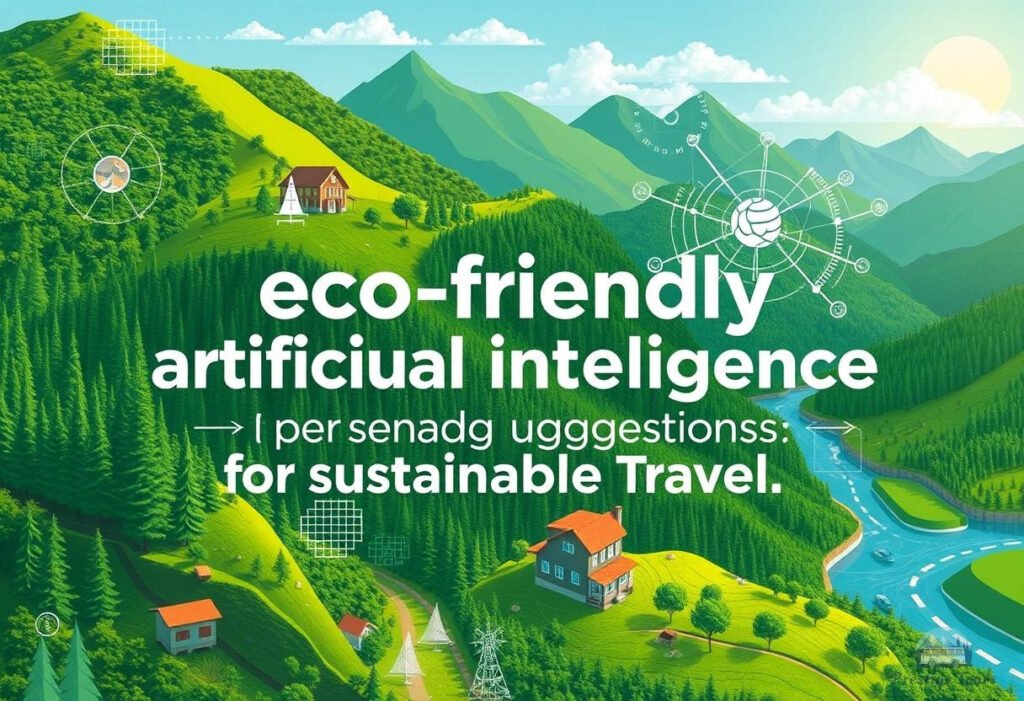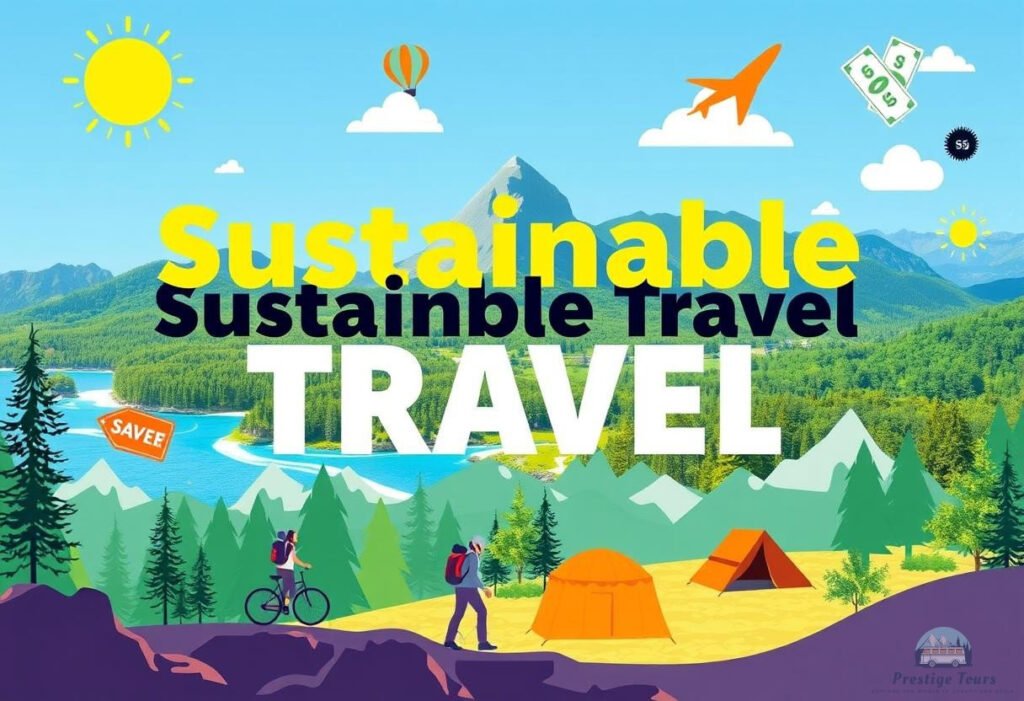Children's environmental awareness is an important concept that denotes children's awareness and understanding of the importance of protecting the environment. In the modern world, where ecology is becoming an increasingly relevant topic, ecotourism is an effective way to teach and develop environmental awareness in children. Ecotourism combines elements of travel and sustainable development, which allows children to not only enjoy nature, but also understand its value.
Introduction
The definition of ecotourism includes travel to places where ecosystems are preserved and protected. It is a special type of tourism that is focused on the sustainable use of natural resources. The importance of developing environmental awareness in children is difficult to overestimate, since they are the future of our planet. Ecotourism, in turn, provides unique opportunities for such education.
Children's environmental awareness: what is it?
The concept and meaning of ecological consciousness
Children's environmental awareness implies understanding their role in protecting the environment and being aware of the consequences of human activity. It influences children's behavior and attitude toward nature. Thanks to the development of this awareness, they begin to participate in various environmental initiatives and not only learn, but also help preserve the planet.
Psychological aspects of formation
The formation of environmental awareness begins at an early age. The role of early impressions and learning through experience is extremely important, as it is at this age that the basic principles and attitudes are laid down. Children, attending ecotourism events, have the opportunity to directly interact with nature, which enhances their understanding of its value.
Ecotourism as a teaching method
Ecotourism programs for children
There are many ecotourism programs that help children learn about life in nature. Examples of successful programs include:
- Excursions to nature reserves with training in the basics of ecology.
- Projects for the restoration of natural habitats and animal protection.
- Caravans of environmental education in nature.

These initiatives help children not only gain knowledge but also develop skills that they can apply in everyday life.
Benefits of Ecotourism for the Educational Process
Ecotourism helps develop children's observation and critical thinking skills. Children learn to notice details of the world around them, analyze situations, and make decisions based on their knowledge. This creates an active position in them not only in studying ecology, but in life in general.
The Impact of Ecotourism on the Formation of Environmental Awareness
Practical application of knowledge in real life
The contextual learning that ecotourism provides allows children to apply their environmental knowledge in practice. This develops in them a desire to treat nature with care and an understanding of the importance of sustainable development. Such situations can have side effects, including active participation in environmental campaigns and volunteer projects.
Success stories and real life examples
Many children who participate in ecotourism activities report positive changes in their attitude towards nature. Their experiences of witnessing the impact of waste on ecosystems serve as lifelong lessons. These stories inspire others, showing how important it is to develop children’s environmental awareness.
Conclusion
The importance of ecotourism for future generations cannot be underestimated. It is not just a holiday in nature, but a serious step towards raising responsible citizens who will take care of our planet. The call to action for parents and educators is to actively participate in ecotourism initiatives and promote the creation of environmental education programs. This is a necessary step towards shaping a more sustainable and better world in the future.
For more information on ecotourism, you can check out the resources at ecotourism.org and learn about different approaches and initiatives in this area. The importance of developing children's environmental awareness should become the foundation for the future today.











